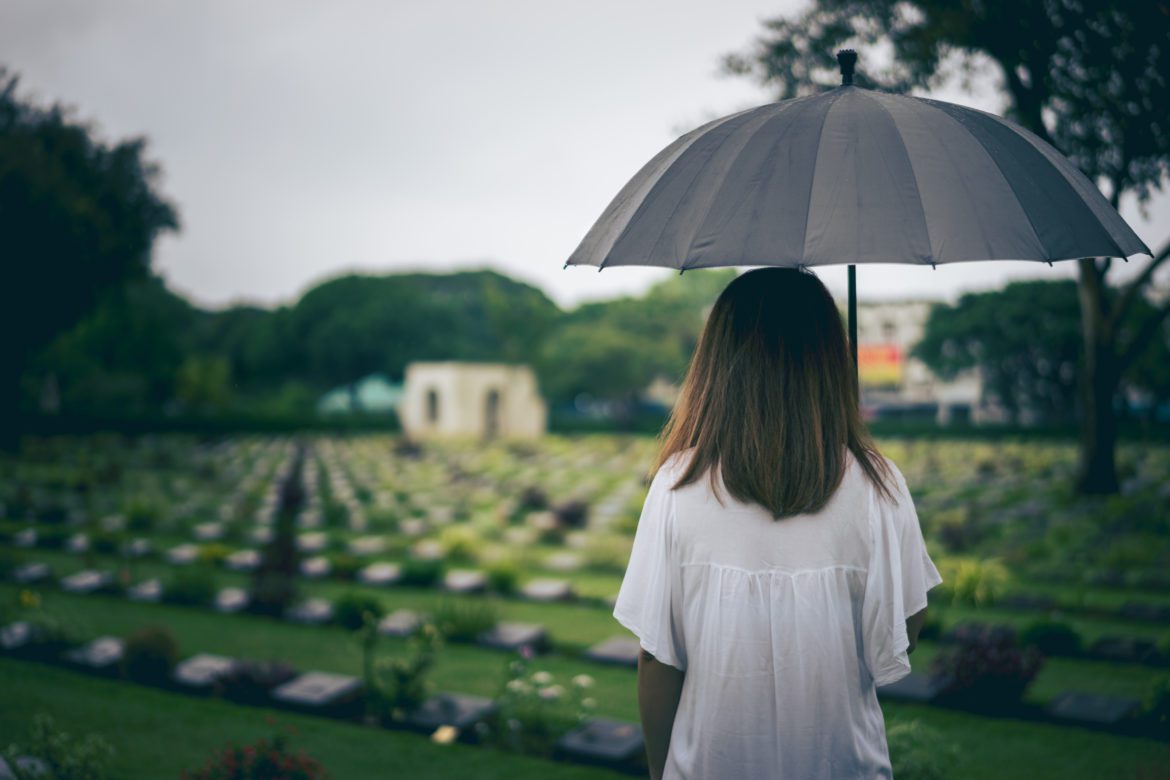5 Ways to Recover After the Death of a Loved One
Despite our best efforts to prepare for the death of a loved one, it can be incredibly overwhelming when it happens.
For anyone who has lost someone close to them, that person’s death is often unexpected and causes grief that lasts for months or even years after the death itself.
While it’s impossible to say what your grieving process will look like, there are some things you can do to recover yourself after the death of a loved one.
Let’s first talk about the stages of grief.
5 stages of grief
In her 1969 book, On Death and Dying, Elisabeth Kubler-Ross proposed that we go through five stages of grief when faced with trauma or a loss. There’s no steadfast agreement on exactly how these stages manifest themselves (and in what order they occur), it’s been found that these phases are relatively common:
- Denial
- Anger
- Bargaining
- Depression
- Acceptance
While these stages are not a cure-all for grief, they can help you navigate through your own process and come out on the other side with more peace and understanding.
For example, if you’re feeling anger toward someone who died or toward God for taking that person away from you, it might be helpful to know that many people go through similar feelings when faced with death.
This is why it’s important to share your feelings and talk about what happened; it helps us feel less alone in our grief and gives us an outlet to deal with our emotions in healthy ways.
Read on for 5 ways to recover after the death of a loved one.
1. Talk about your feelings – Spend time with friends and family
If you’re feeling overwhelmed by your grief, it can be helpful to talk about your feelings with close friends and family. Spend time with close friends who care about you and listen openly without telling you what to do.
Share stories about the loved one that died; remember happy memories. You may find it comforting and empowering at times, but not all at once. It is okay if you are not ready; just know there will be good days as well as bad days ahead. Giving yourself some space is essential.
2. Give yourself time and take time off from social media
There’s no reason you can’t take time off from social media and still be around in case someone needs you. You don’t have to disappear entirely. Give yourself some time before returning, but remember that if you’re grieving, there is no right way or wrong way to deal with your loss. The most important thing is to do what feels right for you.
It might help to reach out to others who are going through similar situations; they might not know how to help you, but they will likely understand exactly how you feel. It may also help to reach out to friends and family who were close with your loved one; they may be able to provide comfort by sharing memories or simply listening as you talk about them. But, of course, if none of these things work for you, then it’s okay not to deal with anything at all; sometimes, grief just has its own timeline.
3. Watch comedies movies and Read Funny Books
Did you know that laughter increases endorphins and makes us feel good? So when you’re grieving, it’s helpful to find things that make you laugh. The positive effects will be even greater if you watch comedies with people who love and support you.
Watching funny movies or reading funny books is an easy way to lift your spirits without having to think too hard about what you’re doing. Just let yourself enjoy some laughs! You deserve it!
4. Return to your hobbies
The loss of a spouse, a close friend, or a child can have an enormous psychological effect on us. The first stage is usually denial, then come feelings of shock and guilt. If you’re experiencing these stages yourself, it may be hard to return to hobbies that bring you joy. It might be best to focus on simple tasks like cooking or watching TV at first, but as you heal emotionally, don’t forget about things that bring you pleasure—it can help make peace with your loss.
For example, if you love art, try visiting a museum or start drawing again. You may find something new that you enjoy!
5. Play with animals
According to studies, playing with animals can help relieve symptoms of grief and even reduce stress in adults. So if you’re experiencing psychological effects from losing a loved one, then finding something furry and cuddly might help you make peace with their death—especially if it helps you reflect on memories.
Consider fostering or adopting an animal from your local shelter.
Bottom Line
To recover after losing someone close, it’s important to stay in contact with your other loved ones and friends. This will help you handle your new responsibilities and reduce anxiety. And when you’re ready, there are several ways to make peace with your loved one’s death.
You can be proactive by contacting hospice services or a grief counselor—or you can let time be the healer; studies show that many people eventually find peace on their own with some occasional support along the way.



